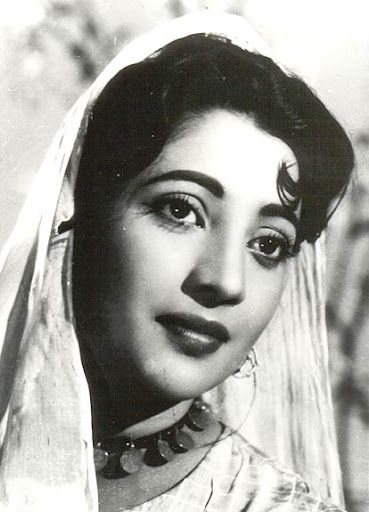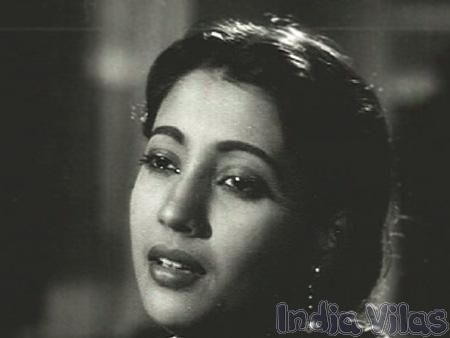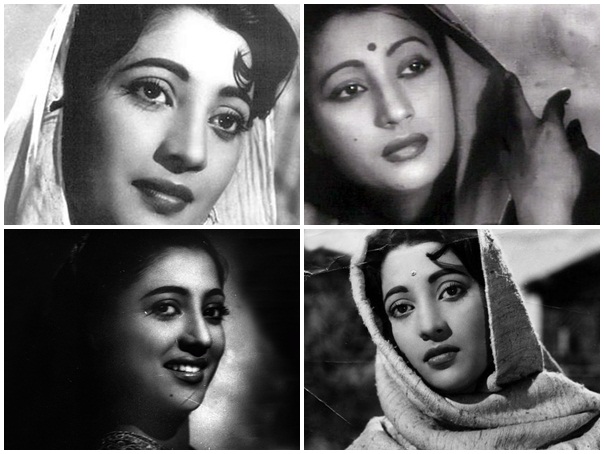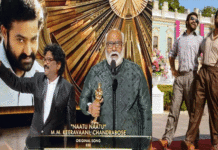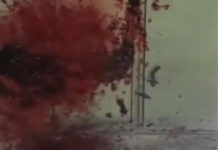The Greta Garbo of Bengali cinema, Suchitra Sen was a legendary Indian actress whose illustrious life came to a close in January 2014. She is known for her memorable roles in Bengali movies such as Uttar Falguni and Deep Jwele Jaai, as well as Hindi ones like Mamta, Bombay ka Babu, Aandhi, among others. She had the distinction of being the first Bengali actress to be rewarded in an international festival (The Moscow Film Festival of 1963).
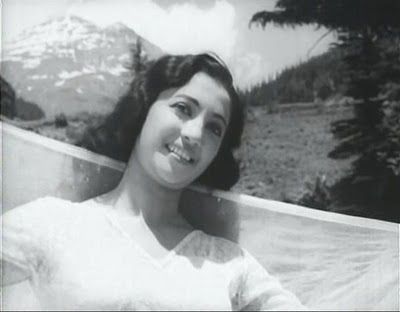
Suchitra Sen was born on 6 April 1931 in what is today the Pabna District in Bangladesh, where she had her early formal education. Her father was headmaster in a local school while her mother was a homemaker.
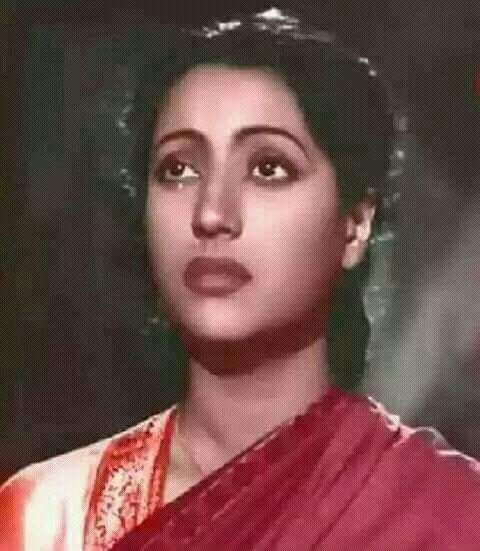
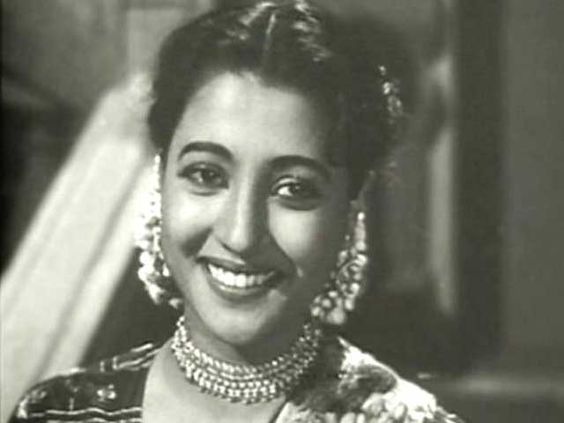
For more than 30 years, Suchitra Sen had successfully averted the public eye to lead her life in her own terms. While the insensitive operation carried out by the channel may seem cruel to some, it also puts to fore Bengal’s obsession with Suchitra Sen.
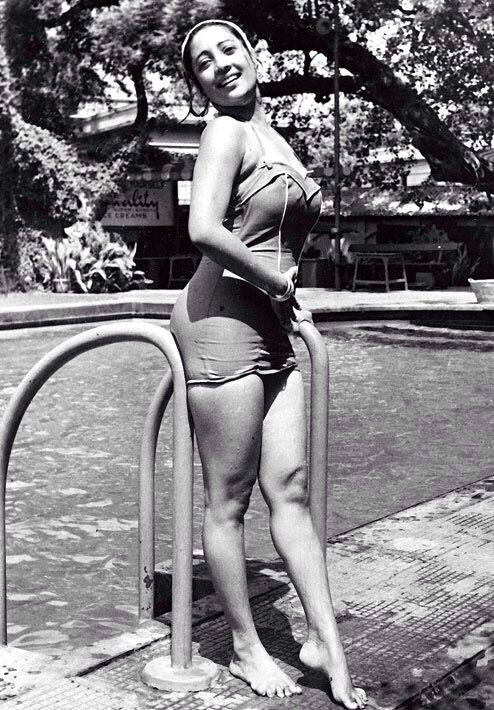
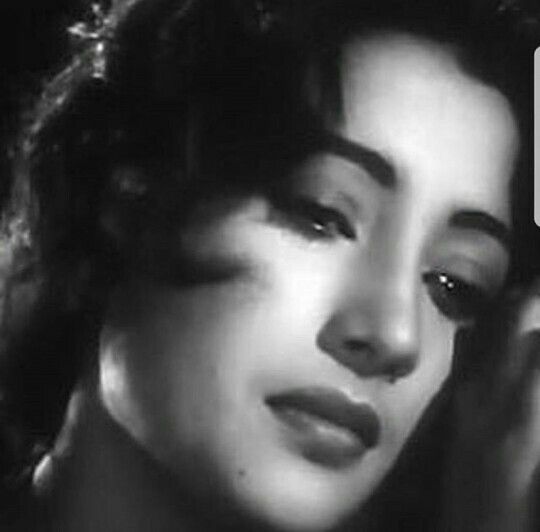
She was married in 1947 to a Bengali industrialist, Dibanath Sen, and had a daughter whom they named Moon Moon Sen. The year 1952 saw her remarkable entry into the Bengali cinema, although some maintain that it fractured her personal life beyond mending.
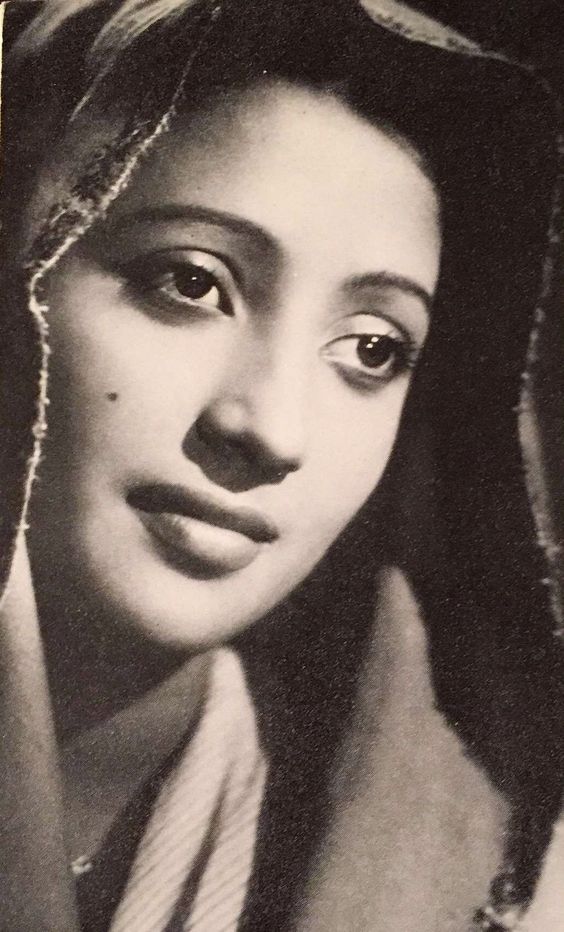
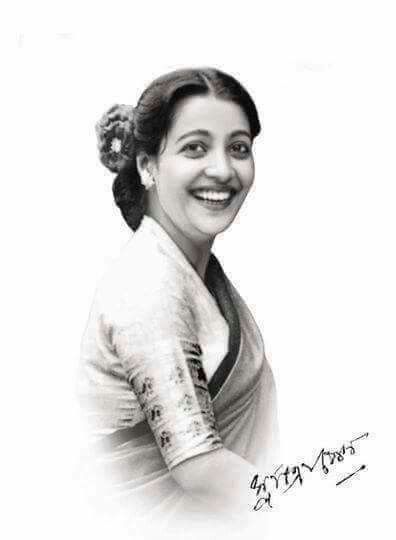
Indeed, it’s interesting to observe how Suchitra Sen gradually shrugged off the cloak of victimhood from the shoulders of Bengali leading ladies. If she was the woman trapped in a bad marriage in 1963’s Asit Sen classic Uttar Fhalguni (which was later made into ‘Mamta’), her character was empowered enough to walk out of it. In 1961’s Shaptapadi, which is arguably the most celebrated romance of Bengali cinema, Suchitra Sen’s Rina Brown is a complex, flawed protagonist who fights her destiny to be with the man she loves and takes to alcohol after losing him. She is an equal to Uttam Kumar in the film, never a passive object of his affection. In fact, if there was any actor who matched Uttam Kumar in terms of charisma and popularity, it was Suchitra Sen. Uttam-Suchitra starrers ensured one thing, the script will have a substantial if not equal role for the female protagonist.
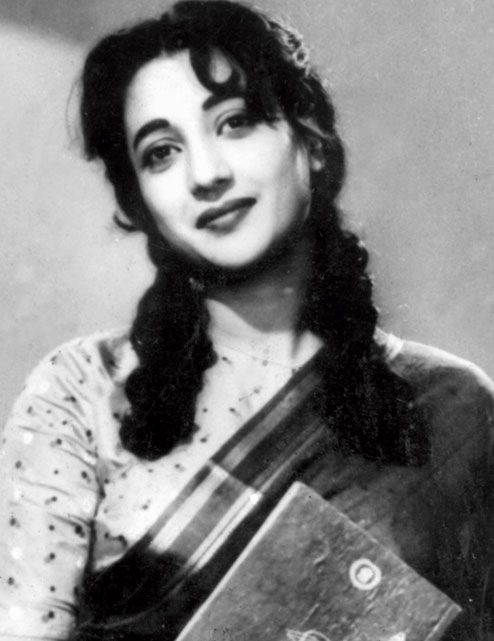
Sen’s debut movie was Shesh Kothaay, but unfortunately it was never released. However, Sharey Chuattor, launched next year in 1953, was a different story. The movie became an instant hit and her pairing with actor Uttam Kumar spawned a whole genre in itself which would recur in Bengali cinema for the next two decades. Indubitably, this made her the most famous Bengali actress ever.
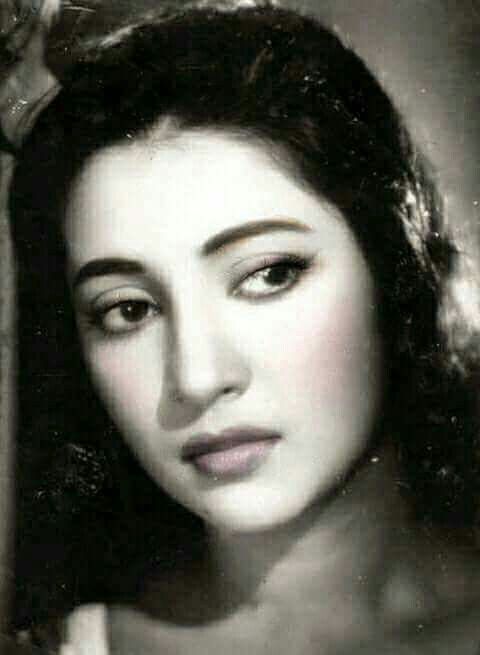
Her first Hindi movie was Devdas (1955), which brought recognition of her acting skills in the form of Best Actress award. But perhaps the most worthy recognition was the nomination in Filmfare Award for Best Actress, for the movie Aandhi (1974), which was based on the life of Indira Gandhi.
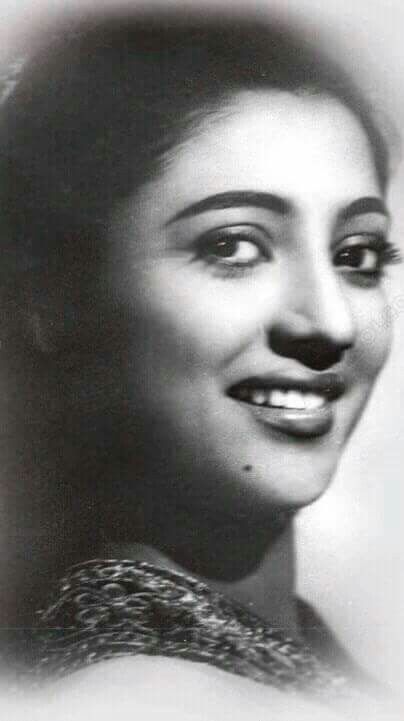
Deep Jwele Jaai, released in 1959, is considered her best performance, in which she plays a nurse torn between a near-impossible duty and the pull of emotions.
Sen retired from the movies in 1978, and spent the rest of her in strict seclusion. As a result, not much is known about this part of her life.
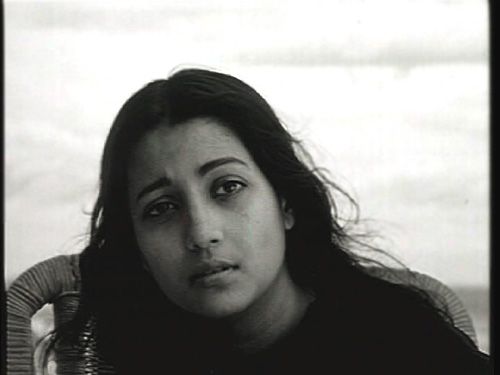
Sen retired from the movies in 1978, and spent the rest of her in strict seclusion. As a result, not much is known about this part of her life.
In 2012 she was honoured with Banga Bibhushan, West Bengal’s highest award, for her contribution to the Bengali cinema.

Suchitra Sen passed away on 17 January 2014 in Kolkata of a heart attack. She had been admitted to the hospital following an infection, which worsened and got out of control.
Awards
- Best Actress, Moscow Film Festival (1963)
- Best Actress, Filmfare Award (Nominated) (1963)
- Padma Shri (1972)
- Best Actress, Filmfare Award (Nominated) (1976)
- Banga Bibhushan (2012)
